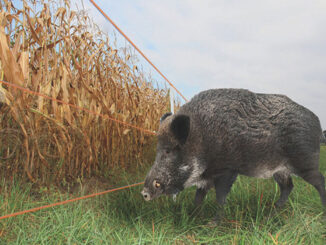
Among the consequences of global warming is not only the melting of glaciers, or the extinction of many animal species. There is also a substantial and concrete impoverishment of our table. Climate change, in fact, may also have disastrous effects on our nutrients intake.
A large part of the world’s population could become vulnerable from the food point of view. And not only because it is estimated that, for example, the production of rice and other cereals such as maize could be reduced by 20-40% by 2100 in tropical and subtropical regions precisely because of global warming (without considering the impact of any extreme weather events).
In addition to this, in fact, the nutritional qualities of some essential foods in the diets of people may change.
Measuring the Effect of CO2 on Food
This is what emerges from a study recently published in Science Advance. The authors of the study have analyzed the chemical effects, from the point of view of chemical composition, of exposure of 18 different varieties of rice to high CO2 levels – between 568 and 590 ppm. That is, the concentration of CO2 that is estimated to be reached by the end of the century. The Keeling curve, which records changes in CO2 concentration in the Earth’s atmosphere since 1958 (when it was 315 ppm), shows a steady increase. Just think that the last official figure, as of May 2018, is 411 ppm.
Consequently, although future forecasts are variable, it is likely to reach at least 570 ppm by the end of century. We will have of course to take other effective measures to reduce emissions. However, the ‘technical time’ for reversing the trend and actually achieving the result of a decrease in air concentration would be very long. This is therefore an issue that we will have to address for a long time to come. Consequently, knowing the possible consequences can be useful in raising awareness of the need for radical changes in lifestyles and production systems.
Nutrients Intake Is Already Changing
The researchers who carried out the experiment come from different countries, such as China, Japan, USA and Australia. The results show a significant decrease in the content of iron (-8%), zinc (-5%) and protein (-10%). As for vitamins, there is a significant decrease in B1, B2, B5 and B9 (between 12 and 30%). On the other hand, however, an increase in vitamin E was measured. Since rice is the main source of nutrition in many low-income countries, especially in Asia, the health consequences for millions of people could be very worrying.








